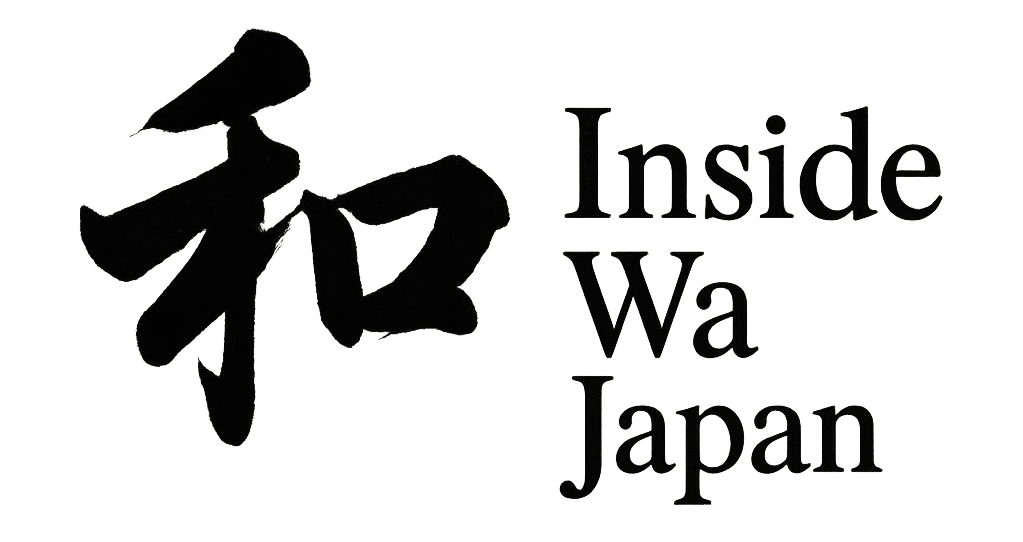Core Beliefs of Japanese People
Understanding the values that shape everyday life in Japan
Core Beliefs in Japanese Society
Wa (Harmony)
Harmony is a key value in Japan. Group consensus and peaceful coexistence are prioritized, because they help avoid conflict and maintain unity.
Giri & Ninjo
Giri is social obligation. Ninjo is human feeling. Together, they balance duty and emotion, which affects personal relationships and daily decisions.
Culture of Shame
People often act to avoid shame and save face in front of others. Therefore, social behavior is shaped more by public perception than inner guilt.
Reading the Air
“Reading the air” means sensing unspoken rules. It helps people adapt behavior accordingly and, as a result, maintain group harmony.
Respect & Modesty
Politeness and humility are highly valued. In particular, showing respect is essential in both social and business settings.
Harmony with Nature
Japanese culture values nature deeply. This is shown in seasonal festivals and daily life, which reflect a strong connection with the natural world.
Where Do These Beliefs Come From?
Japanese core beliefs are shaped by various historical and philosophical influences. Below are some of the key roots of these values, each of which has played a unique role in shaping society.
Confucianism
Confucianism came from China. It emphasized hierarchy, harmony, and respect for elders. As a result, these ideas became part of Japan’s social structure.
Buddhism
Buddhism entered Japan from India, through China and Korea. It taught ideas like impermanence and mindfulness. Therefore, it helped shape Japan’s introspective spirit.
Shintoism
Shintoism is Japan’s native religion. It values nature, purification, and respect for ancestors. In particular, it promotes harmony through rituals and sacred places.
Agricultural Society
Rice farming required teamwork and patience. As a result, Japan’s farming culture led to strong community values, which still affect daily life today.
Core Beliefs Reflected in Daily Life
Here are real-life examples of how traditional values influence everyday behavior in Japan:
| Belief | Everyday Expression |
|---|---|
| Wa (Harmony) | Group decisions are made together. People avoid open arguments in meetings. |
| Reading the Air | People stay quiet on trains and wait for the right moment to speak. |
| Giri | Gifts are given during holidays or after someone helps you. |
| Culture of Shame | People avoid doing things that could embarrass themselves or others in public. |
